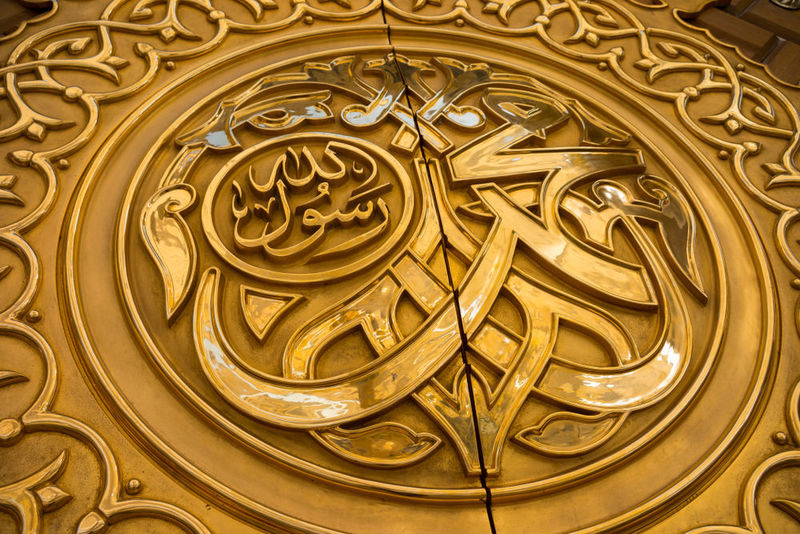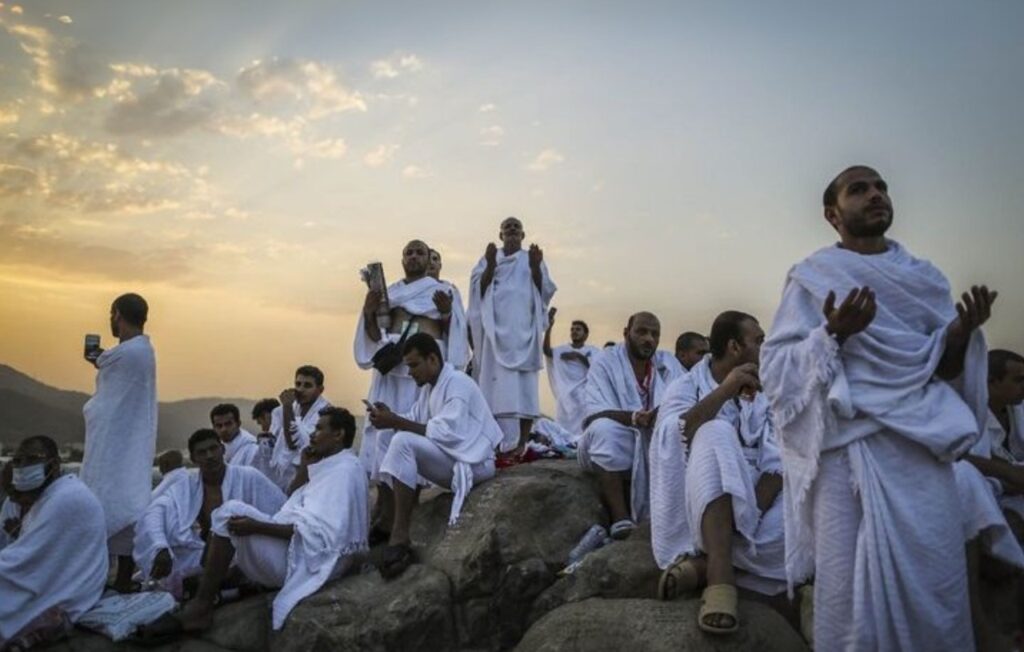Eid al-Adha is not just a festival of sacrifice — it’s a timeless reminder of devotion, obedience, and trust in Allah ﷻ. It commemorates the moment when Prophet Ibrahim عليه السلام was ready to sacrifice his beloved son Isma’il عليه السلام, purely in submission to Allah’s command. At that moment of surrender, Allah ﷻ intervened and replaced the son with a ram, saying:
“You have already fulfilled the vision. Indeed, this is how we reward the good-doers.”
This act became a symbol of the highest form of faith: submitting to Allah even when it’s hard.
Allah ﷻ reminds us in the Qur’an:
“Neither their meat nor blood reaches Allah. Rather, it is your piety that reaches Him. This is how He has subjected them to you so that you may proclaim the greatness of Allah for what He has guided you to, and give good news to the good-doers.”
What matters most to Allah is not the ritual itself, but the sincerity behind it — the willingness to let go of what we love for the sake of the One we love most.
Sunnahs to Revive on Eid al-Adha

1. Perform Ghusl (Ritual Bath) Before the Eid Prayer
The Prophet ﷺ would cleanse himself before the Eid prayer, appearing in the best state outwardly and inwardly. It’s a way to prepare spiritually for this sacred day.
2. Delay Eating Until After the Prayer
Unlike Eid al-Fitr, where we eat before prayer, it is Sunnah on Eid al-Adha to eat after the Eid salah — ideally from the qurbani meat. This honors the sacrifice and follows the example of the Prophet ﷺ.
3. Proclaim the Takbeer Loudly and Often
From the Fajr of Dhul Hijjah 9 (Day of Arafah) until Maghrib on Dhul Hijjah 13, Muslims are encouraged to loudly proclaim the takbeer after each prayer — and throughout the day:
اللّٰهُ أَكْبَرُ، اللّٰهُ أَكْبَرُ، لَا إِلٰهَ إِلَّا اللّٰهُ، وَاللّٰهُ أَكْبَرُ، اللّٰهُ أَكْبَرُ، وَلِلّٰهِ الْحَمْدُ
This takbeer is a celebration of Allah’s greatness — a declaration that He is above all we fear, all we love, and all we hope for.
4. Use a Different Route When Going to and Returning from the Eid Prayer
Another beautiful Sunnah of the Prophet ﷺ is to take one route to the Eid prayer and return from a different one. This small act carries the wisdom of spreading salam, reviving the paths with dhikr, and publicizing the remembrance of Allah:
“The Prophet ﷺ used to take a different route back on the day of Eid.”
(Sahih al-Bukhari, 986)
A Personal Reflection: You Celebrate After You Surrender

And maybe that’s what Eid is really about: a celebration that comes after sincere surrender.
Because when you give something up solely for the sake of Allah — whether it’s a habit, a desire, a comfort, or even a dream — it’s not the end. It’s the beginning of something better.
You may feel the heaviness of the sacrifice, but what follows is peace, barakah, and closeness to Allah — and that’s worth celebrating.
You get to celebrate. Just like Eid.
Dua and Closing
May Allah accept our sacrifices, purify our intentions, and allow our hearts to be like that of Ibrahim عليه السلام — full of trust, love, and complete submission.
Eid Mubarak!
Taqabbal Allahu minna wa minkum.


